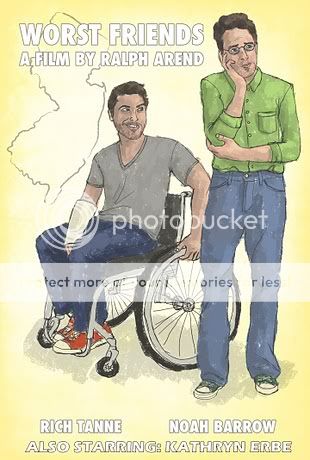[photo found here at TV Weekly Now]
The
description of the 1880 Republican convention in Tuesday night’s
“American Experience” on PBS sure sounds like a possible future for both
major parties as they choose their 2016 presidential candidates.
The
delegates were about evenly divided between Senator James G. Blaine and
the former president, Ulysses S. Grant. The two sides held
significantly different visions and were not much interested in
compromise or unification. But a third guy who wasn’t a candidate gave a
speech and changed everything.
“As
Garfield was delivering his address to the delegates,” the program’s
narration says, “he shouted, ‘And now, gentlemen of the convention, what
do we want?’ From the midst of the crowd came an unexpected answer: ‘We
want Garfield.’”
The
speaker, of course, was James A. Garfield, a congressman from Ohio, and
on the convention’s 36th ballot he became the surprise nominee. Might
such high drama await at a 2016 convention? The precedent is there to be
followed.
For Garfield, though, the convention triumph was good news-awful news, because this “American Experience” is called “Murder of a President,”
and its real focus is his assassination just months after he took
office. The program, a particularly engrossing installment of the
series, portrays Garfield as the John F. Kennedy of his century — a
president who embodied a lot of hopes and potential that were never
realized.
It’s
a story that has some resonance here in an age when much wealth is
concentrated in the hands of a few. The factories of the industrial
revolution were creating a similar effect in the late 19th century.
“Those
factories were channeling unimaginable wealth to a growing
aristocracy,” the narration says. “By 1880, the inequalities of
capitalism were so vast that they threatened democracy itself.”
Politics
was about patronage, the rich and powerful using the system to benefit
themselves and their friends. Garfield, we’re told, was seen as someone
who might reverse this trend. But all that changed on July 2, 1881, when
an unstable hanger-on named Charles Guiteau, apparently thinking he
would have a better chance of snagging a patronage job if Vice President
Chester A. Arthur were president, shot Garfield twice.
The poor doctoring Garfield received is now the stuff of legend and is thoroughly, somewhat gruesomely detailed here.
“Even by 1880 standards, Garfield was receiving very questionable medical care,” says Candice Millard, whose book “Destiny of the Republic: A Tale of Madness, Medicine and the Murder of a President” is the basis for the program.
The oddly named Doctor Willard Bliss
— yes, Dr. Doctor — comes off as a villain to rival Guiteau, making bad
decisions and barring other physicians from assisting or advising.
Garfield died that September.
The
re-enactments used to help tell the tale are particularly evocative by
“American Experience” standards, thanks to the cast: the Broadway star
Shuler Hensley is Garfield; Kathryn Erbe (“Law & Order: Criminal
Intent”) is his wife, Lucretia; and Will Janowitz is the creepy Guiteau.
Other presidential assassinations have received far more attention, but
this one, the program reminds us, had its own particular pathos.
A version of this review appears in print on January 30, 2016, on page C4 of the New York edition with the headline: A Surprise Candidacy, and a Doomed Presidency. Order Reprints| Today's Paper|Subscribe













No comments:
Post a Comment